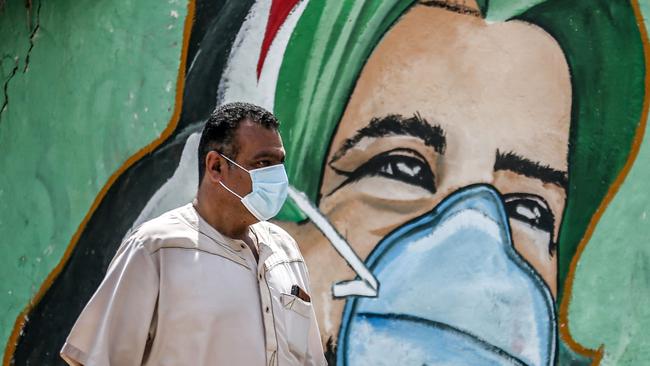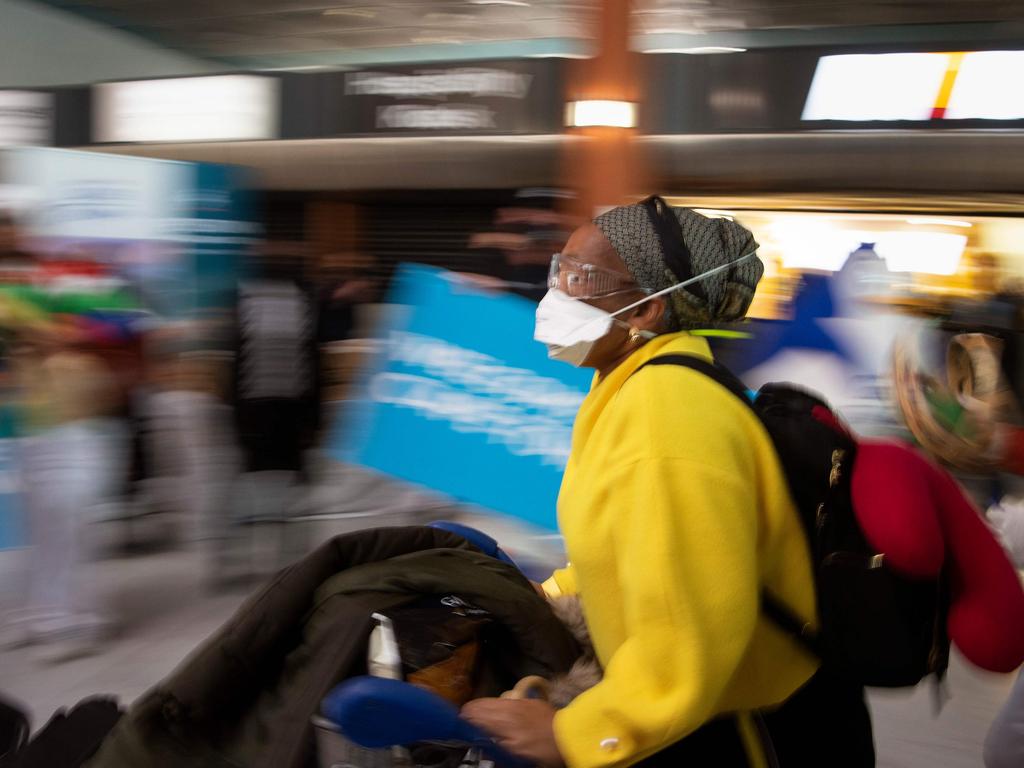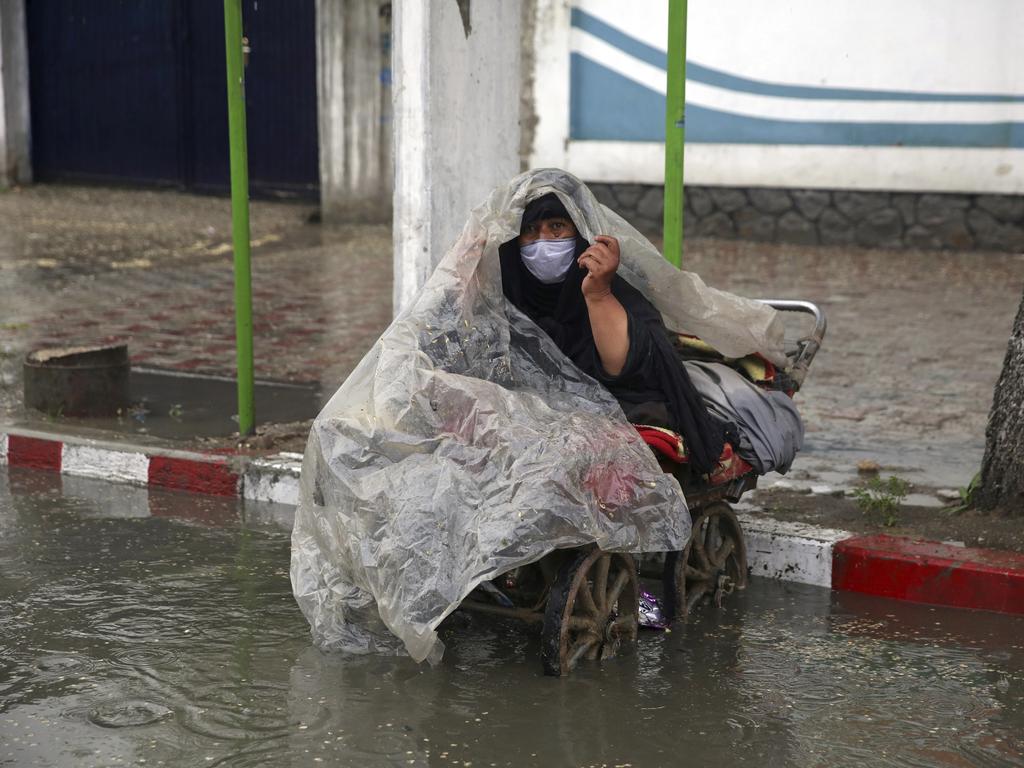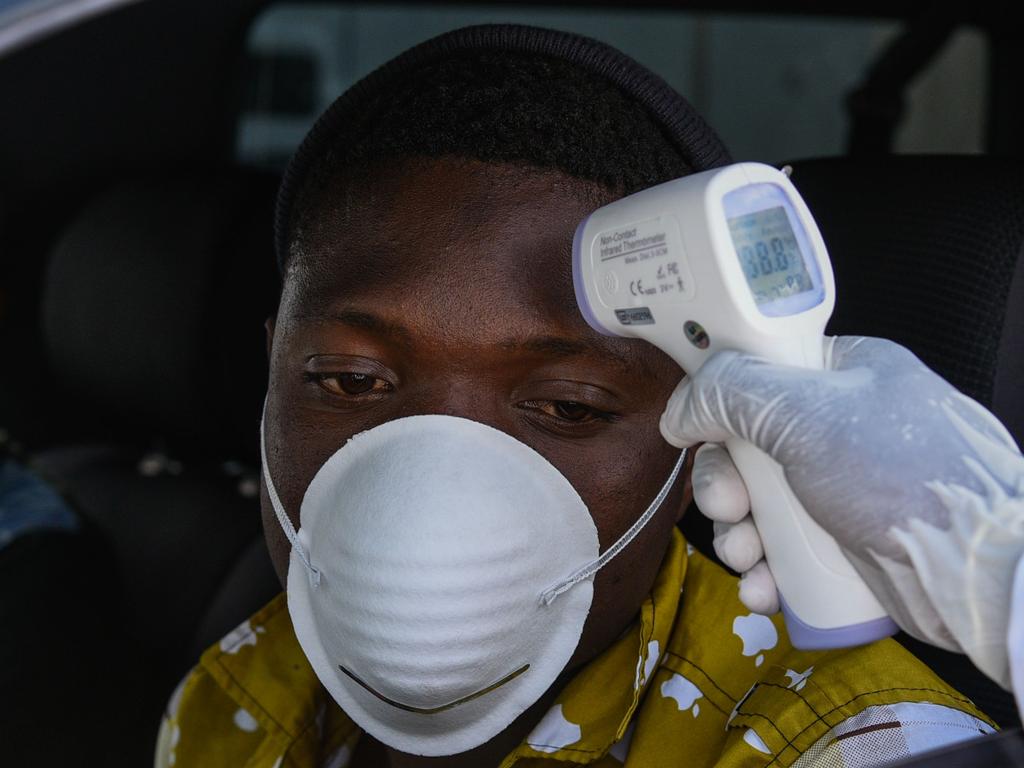Coronavirus isn’t much of a threat to life for those living in war zones
Covid restrictions in areas of conflict are much simpler than in societies at peace: war has more pressing concerns.

Some Taliban do, most do not. PKK guerillas generally refrain. Jihadist brides might. The SAS never would. Covid rules in war zones are much simpler than the labyrinthine sets of restrictions imposed on societies at peace, and when it comes to wearing masks most of those in areas of conflict choose not to bother: war has more pressing concerns.
Nevertheless, despite priorities being very different, during pandemic-era travels through Afghanistan, Iraq and Syria I noticed there was often consensus between the scientists advising the British government and those embroiled in campaigns in far-flung corners of a troubled world.
Insurgent groups and western special forces, for example, have both observed the benefits of fighting away from built-up areas in minimising the likelihood of corona transmission. Indeed, small-unit warfare in mountainous conditions involves an especially low R number, and despite regular casualties from Turkish drones the PKK claim to have experienced not a single case of corona among their fighters in the valleys along the Iranian, Iraqi and Turkish frontiers.
“Not one among our havels [comrades] has caught corona,” a PKK liaison officer assured me when we met one evening in northeastern Iraq a fortnight ago. “The key to the organisation’s health is life in the mountains, working in groups of just a few people.” Indeed, the PKK have recently learnt that in the age of drone warfare, exposure to mainstream society carries an inherent risk quite unrelated to the pathogen. In June one of its fighters was killed and three others injured by a Turkish drone while buying eggs at a crowded picnic site in Iraq far from their mountain hideouts.
Conversely, colleagues covering the war in Nagorno-Karabakh have noticed how fast the virus spreads among civilians sheltering together from artillery fire in basements, where an absence of space and fresh air has upped the R rate.
In Afghanistan, fear of the virus is scarce even among vulnerable sectors of a society familiar with decades of conflict and loss: those who have regular brushes with death seldom scare easily.
“You talk about your coronavirus in the West as a disease,” laughed Haji Taj Mohammed, 82, a former mujahidin commander I met this year in village in southern Afghanistan, who had fought the Russians and whose son was killed by the Americans. “We joke about the term … applying it as the affliction we have suffered at the hands of foreigners for the past 40 years: you are our corona.”
Treatments vary wildly. In Syria I was assured that cashew nuts and garlic would ward off the virus due to high levels of zinc, while many Afghans preferred small doses of opium, or opiated hashish.
Testing is a lottery too. An assignment to Syria began with a swab in a Chelsea clinic, progressed through mask and visor ensembles on flights to Iraq, then tipped into a mask-free walk through a full-body chlorine spray on the banks of the Tigris and ended with a demand on the Syrian border that I spit into a plastic cup. “Not sure my spit will reveal much,” I suggested. “Neither am I,” the medic replied.
Then there is the complex issue of corona and the veil. In the feral expanses of al-Hawl camp where Isis still enforces its ideology, women wore black niqabs and gloves, effective barriers, so despite the abysmal conditions corona cases were low. In Roj camp, strict enforcement by Kurdish authorities in favour of making female detainees wear open-faced hijab was being reconsidered in case there was of a wide outbreak.
That did not worry a group of British special forces visiting the camp ten days ago, who relaxed with the Kurdish guards, all unmasked and in good humour. Who dares grins.
The Times






To join the conversation, please log in. Don't have an account? Register
Join the conversation, you are commenting as Logout